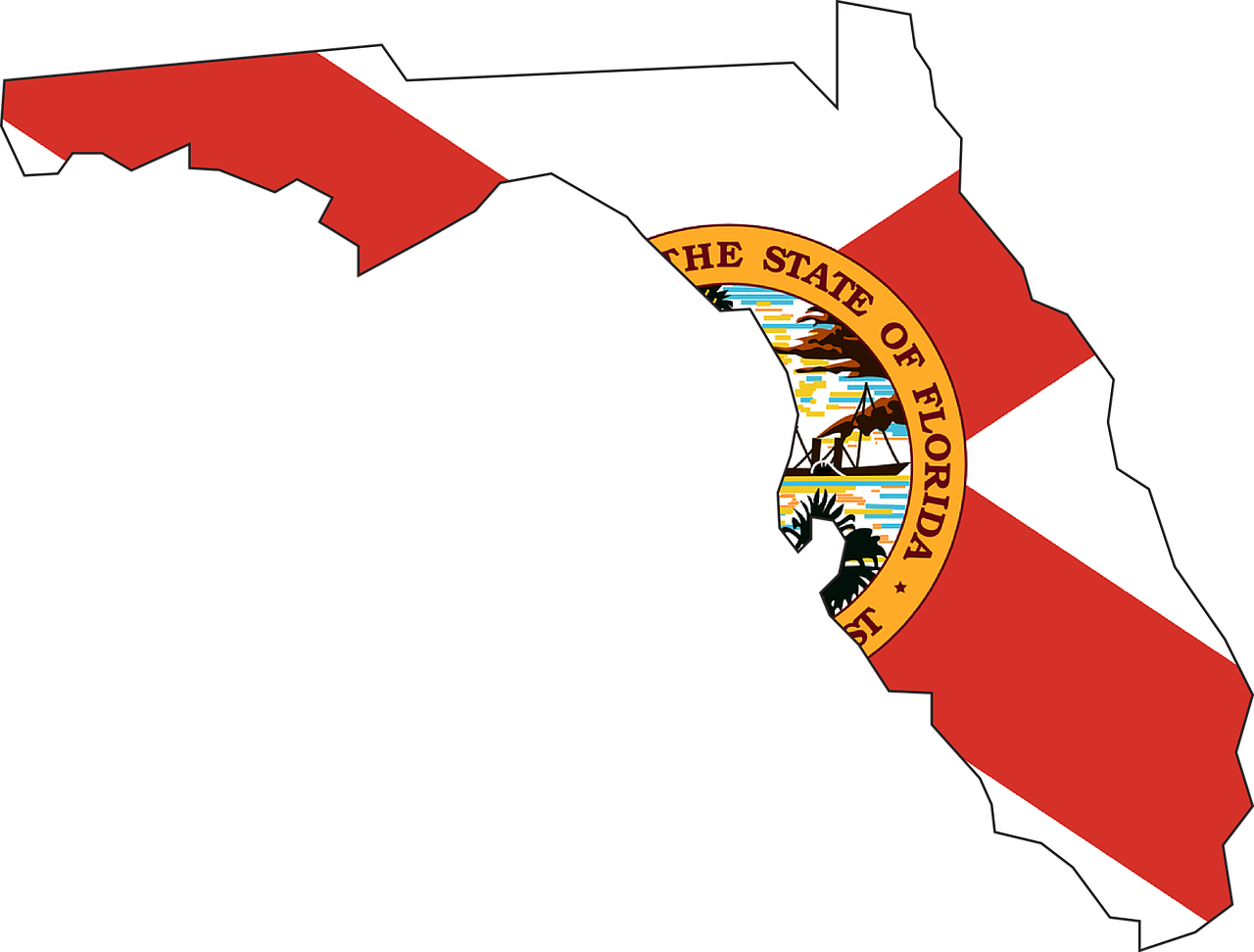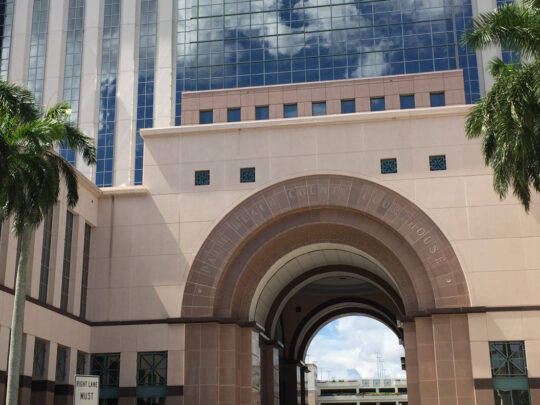C & I Loans
Contact Us

As you probably know already, C&I loans are loans borrowed for business purposes. C&I loans differ from consumer loans and real estate loans as banks further categorize these loans in their financial statements. Moreover, commercial and industrial loans typically come with flexible charges dependent upon LIBOR (London Inter-bank Offered Rate) or the bank prime rate.
In the case of this type of loan, clients must regularly file for financial statements either at a yearly rate or in a more frequent sequence. This is especially because of clients who may be considered of a higher risk not to be able to pay off their loan – either by collateral or not.
Banks, or lenders, make it necessary to properly maintain the loan collateral property. Lenders may also hold their clients to an agreement. One example of this agreement or “covenant” is the Debt-Service Coverage Ratio (DSCR).

Debt-Service Coverage Ratio
The DSCR is a type of loan covenant that covers corporate, government, and personal finance. It is the measurement of a company’s ability to make use of its cash flow to pay for current debt obligations – speaking from the context of corporate finance.
Debt-Service Coverage Ratio simply talks about whether a certain firm has sufficient income to recompense for its debts. The better the DSCR means they will be more likely to be granted a loan.

Loan Covenants to C & I
Of course, financial loan covenants to C&I loans are important and must be taken note of. This is so your chances of being guaranteed a loan increase. But first of all, why are loan covenants to C&I loans important? Financial loan covenants can act as a safety net or protection for the lender in case the borrower does not have the means to pay.
Moreover, the borrower will be legally bound to sustain a specific ratio or a specific level of cash flow to financial covenants. This, therefore, ensures financial stability for the lender.
In the context of the lender, however, they benefit from loan covenants because they are secured against the risks of losing the money they have lent out. They can also have the upper hand over the lending situation.
Lastly, the lender will be protected because, in the case of a violation of a financial covenant, agreement, or contract, the lender will be allowed to decide for the entire loan amount and to collect assets or collateral.
They may also charge for a higher interest rate if they desire so. The cons of having to agree to a financial covenant in C&I loans in the case of a borrower or client can be because a financial covenant, agreement, or contract can be limiting and prohibitive. This means that the borrower or client has less economic and/or financial freedom.
Borrowers and clients have a high risk of a violation if they are unable to recompense for the covenants they are legally bound to. A violation can result in obtaining a higher loss than expected.
In the context of the lender, however, financial covenants, agreements, or contracts are not foolproof. Even if it grants the lender some rights, a financial covenant will be unable to stop a forthcoming default from occurring.
Different Types of C & I Loans
Such as any other, there are different types of C&I loans. Some of these are the following:
Term Loan simply refers to the loan that has been provided or shared for business purposes. This type of loan must be paid or compensated within a specific period. Moreover, this loan generally entails a fixed interest rate either a monthly or quarterly repayment schedule. Of course, Term Loan also consists a set maturity date. However, this loan can be either secured or unsecured. A secured term loan refers to having given some type of collateral. This generally has a lower interest rate too compared to an unsecured one. Term Loan can also be classified under: Bank Overdraft Facility is the capacity to withdraw money higher than the amount available in the firm’s present account. The true dimensions of a facility and the interest to be recompensed in this type of loan are generally agreed upon before sanction. The overdraft facility is deemed to be a source of short-term financing to be included in the next deposit. Letter of Credit is as its name suggests. This is the document that has been issued by a financial institution the guarantee that the seller will be paid. However, specific documents must have already been reported to the bank. A bank guarantee refers to the “letter of guarantee” that has been issued by a bank representing its customer to a third party or beneficiary. This ensures that a specific amount of money must be compensated by the lender or bank to the beneficiary within the valid window of time upon demonstration of the letter of guarantee. Moreover, the letter of guarantee establishes specific conditions from which the guarantee can be summoned. Commercial Vehicle Loans refer to the type of loan from which the borrower is allowed to buy different vehicles such as buses, trucks, tippers, etc. The tenure of this loan ranges from 1 to 5 years based upon the agreement and type of repayment capacity.
Term Loan
Bank Overdraft Facility
Letter of Credit
Bank Guarantee
Commercial Vehicle Loans

The Best C & I Loans in the Market
Where can you get the best and the most valuable C&I loans in the market you ask? Herewith we at Florida Commercial Real Estate Loan Group, are always ready and prepared to provide a flexible type of C&I loan for you.
Wherever you might be in the state, you can bank and count on us to be just a call or an email away!
Don’t hesitate to give us a call here at Florida Commercial Real Estate Loan Group. We’ll get you the best and the most wanted C&I loans with the most flexible terms and rates and the most lenient application!
We service all counties and cities throughout South Florida. However, if you need any of these services in other cities throughout the state of Florida, please contact us. See what services we offer below:





